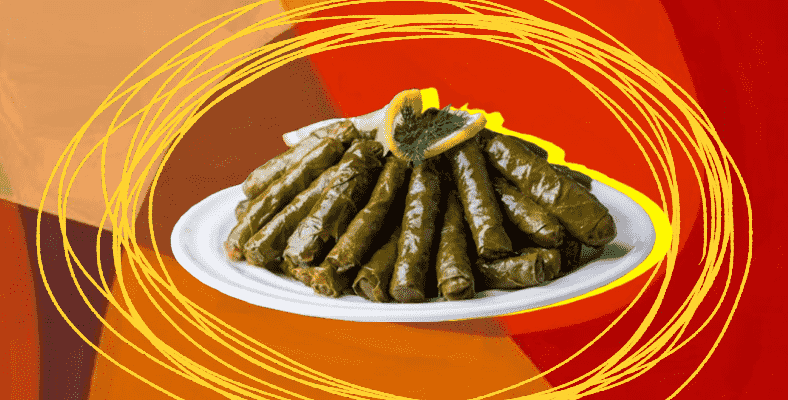Whenever, wherever, or how old we are, our minds are always on our mother’s unique dishes, when we are a university student away from home, or when we taste the food that makes us dizzy with its presentation in the most expensive restaurant. So what actually makes these dishes unique?
Is it because our mothers’ meals are made with the love they add, with a lot of care or with a protective instinct, or is it because of the memories we collect at the dinner table? is special is discussed.
“I don’t need a reason, my mother did If you’re one of those who say “that’s enough for that dish to be good,” continue reading because there are several reasons why these dishes are always the best for us.
Our taste buds begin to take shape even in our mother’s womb.
During pregnancy The food a mother consumes is often directly proportional to whether her children like it or not. The mother who consumes a lot of pain during her pregnancy is very likely to have a pain-loving child. For this reason, it can be observed that even very young children easily eat bitter.
On the other hand, the child of a mother who consumed garlic during pregnancy can easily taste that taste during breastfeeding. can recognize and distinguish. In fact, the evolutionary rationale is obvious enough: If my mother eats it, it’s safe.
According to researchers, foods that feel “made with love” taste better.
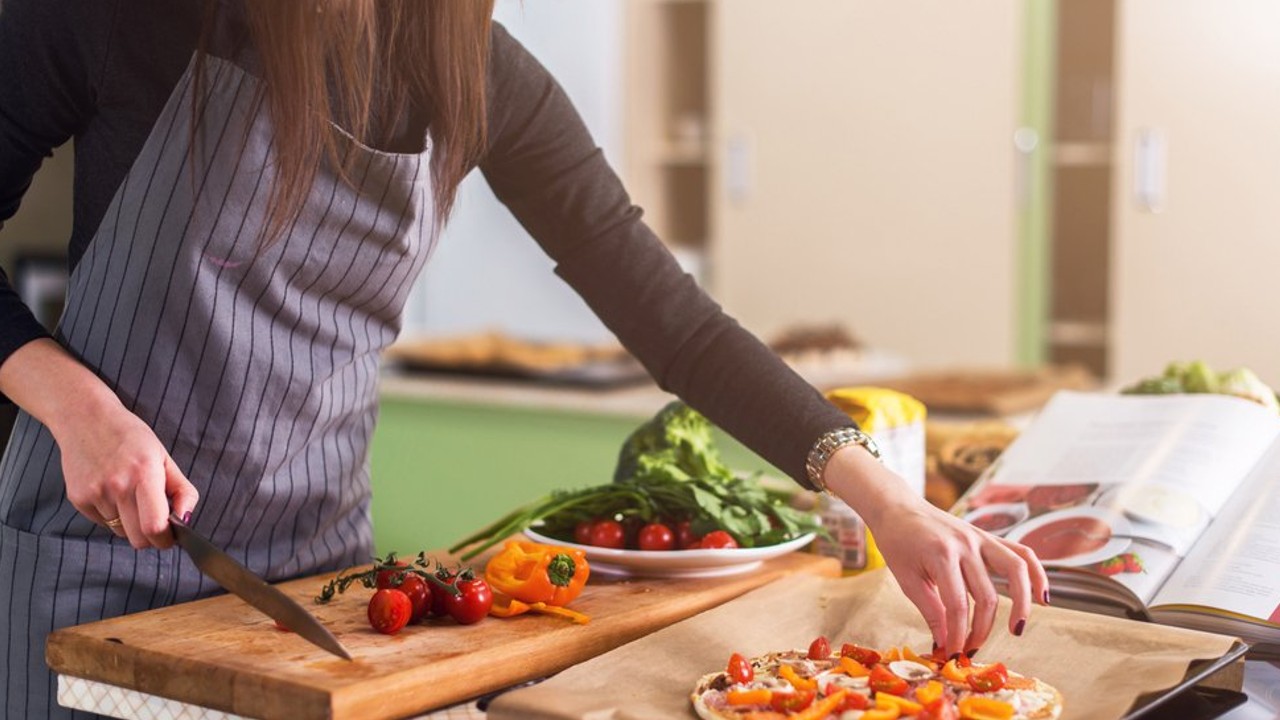
Christy Fergusson, a food psychologist, your emotional bond; He argues that the time spent on food can increase or decrease in parallel with the amount of loving and caring. When these criteria are applied, the pleasure that people will get from the food they eat increases.
The findings revealed that 58% of people like food prepared with love more.
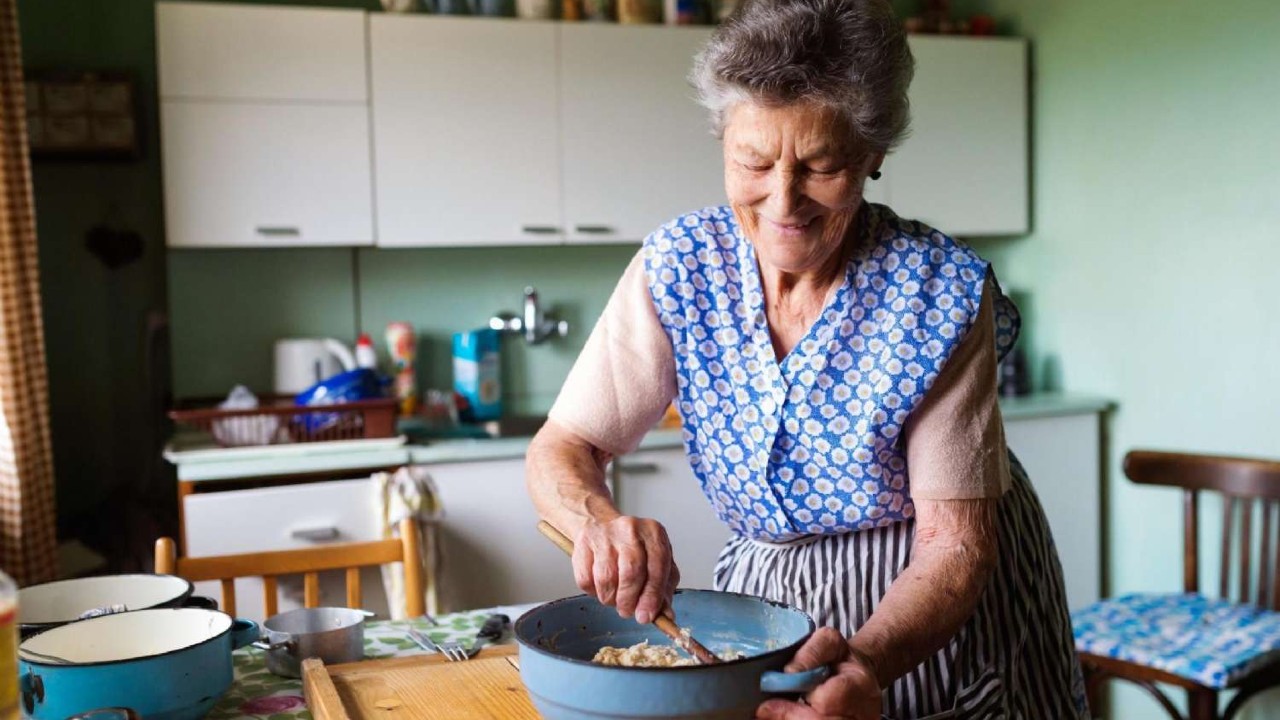
Fergusson, dishes prepared with great enthusiasm conducted a study to prove that it tastes better and to show how the intention of people when making that dish changes the perception of enjoyment of the eaters.
In this study, two groups were completely same ate the food. While the first group stated that the meal was prepared with great love using their families’ recipes, no such detail was given to the second group.

In addition, while the first group ate their meal in a stylishly decorated place, the second group was made to feel welcome. very little effort Dishes were presented in a simple decor.
As a result, the first group more delicious stated that.
There is the effect of beneficial bacteria living in our hands on hand flavor.
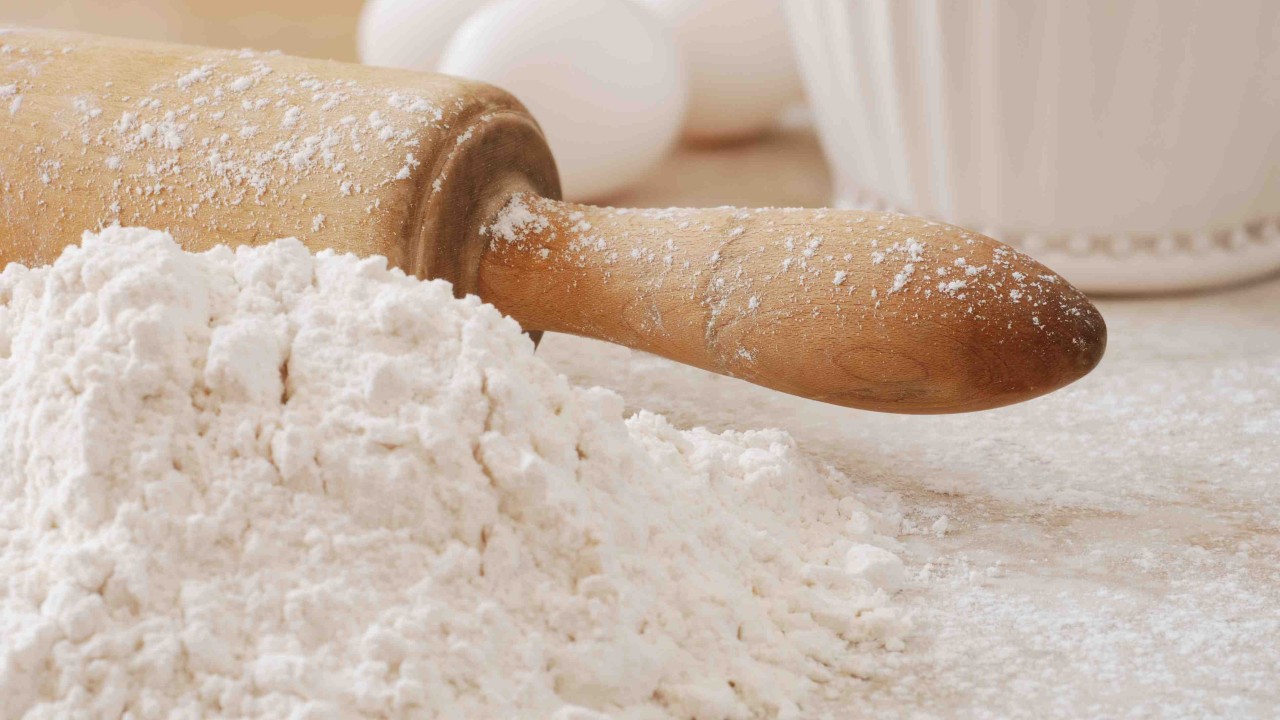
hand flavor, hand-living bacteria Biology professor Rob Dunn, who wondered whether it affected The professor and his team sent flour to 15 different parts of the world and asked the bread masters to feed their sourdoughs with the flour they sent.
They also collected various sourdough samples and compared them. Then, both from the hands of the masters and from their sourdough bacteriological samples The team started researching.
Bacteria samples taken from the hands of the masters matched the bacteria in their yeast.
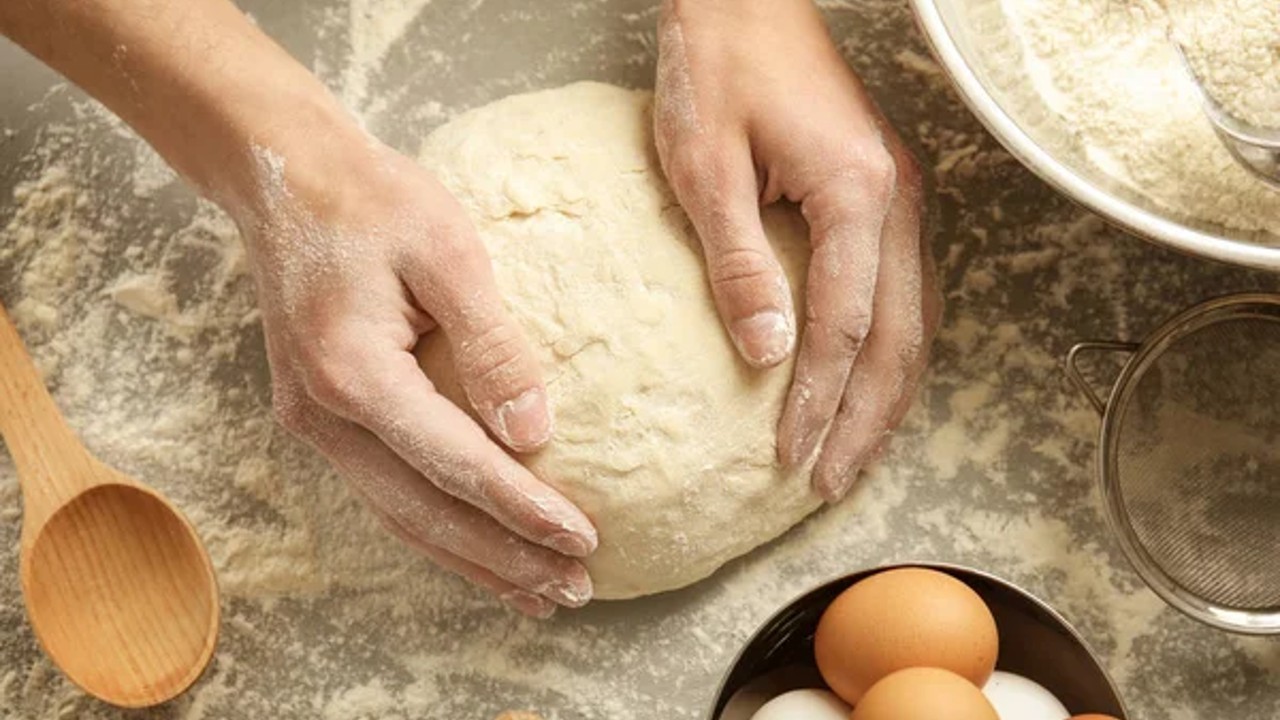
During the tasting, Dunn asked these 15 masters to make bread with their yeast. in 15 different flavors He said that the bread appeared. The concentration of bacteria on the hands varies from person to person, but the result is that bacteria affect the taste of the hands.
RELATED NEWS
